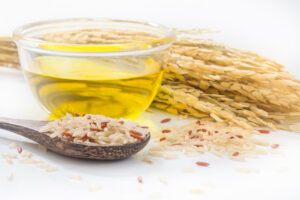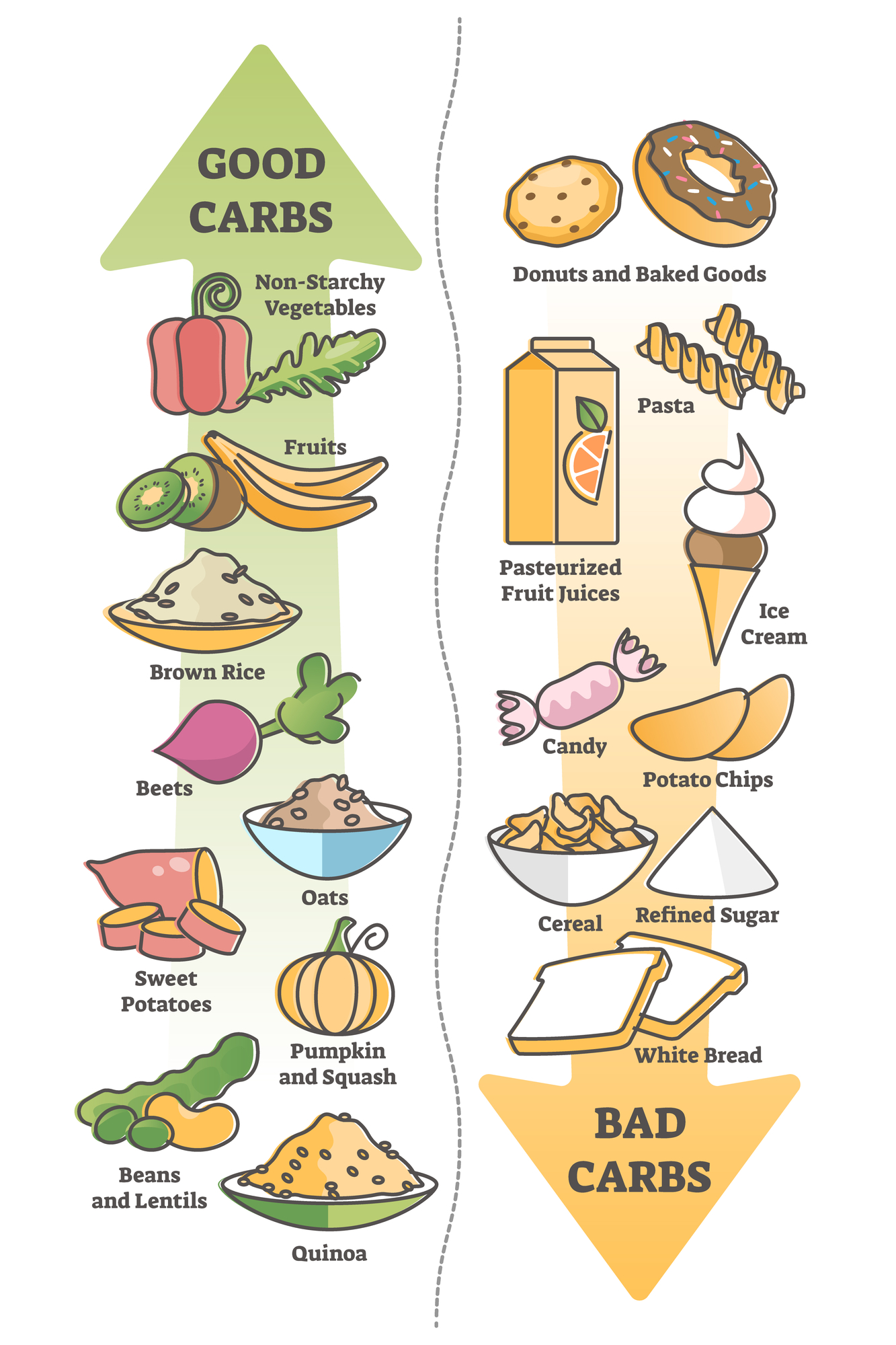 Rice bran oil is a heart-healthy oil that is used in cooking, salad oil and nutritional supplements.
Rice bran oil is a heart-healthy oil that is used in cooking, salad oil and nutritional supplements.
It is extracted from the outer bran coats of rice. It is a rich source of vitamins, minerals, amino acids and essential fatty acids that help fight disease and promote good health.
Research studies have found that this oil reduces blood pressure and cholesterol, remedies menopausal symptoms such as hot flashes, strengthens the immune system and protects the retina of the eye.
Rice bran oil is rich in two types of natural vitamin E and also high in Oryzanol (a word that sounds like “Original”), which is a powerful antioxidant only found in rice bran oil. Antioxidants protect our tissues from deterioration and help to slow the aging process.
One example of rice oil benefiting the heart health is a study done by a team of cardiovascular scientists in Japan. The 60-day study was conducted with 300 men and women and found that a combination of rice bran oil and sesame oil reduced blood pressure by 14 points and lowered cholesterol by 26%. The oil consisted of 80% rice bran oil and 20% sesame oil.
Menopause symptoms such as hot flashes, night sweats and insomnia can plague women who are at pre-menopause or menopause. In a study of menopausal women, researchers gave the participants the active component of rice bran oil in supplement form. After four to six weeks, 90% of the women had some form of relief, with 40% claiming “excellent” improvement. The women also experienced significantly reduced cholesterol levels.
Our immune system protects and defends us from disease in all its forms. It is made up of a network of cells, tissues, and organs that work together to protect the body. The main cells involved are white blood cells called “leukocytes” which create antibodies that neutralize toxins and infections.
From the journal of Phytotherapy Research (phyto refers to plants) comes a study showing that rice bran oil evokes a significant increase in antibodies that greatly enhance immune activity.
Rice bran oil can help calcium to be absorbed better into the body. In a review article from “Progress in Lipid Research” (a lipid is a natural fat or oil), the authors write that healthy oils increase mineral utilization by enhancing the effects of vitamin D – a vitamin that works alongside calcium and magnesium. As a result, oils such as this can help calcium to be deposited into bone and improve bone strength.
This health news is provided by Nutrition Breakthroughs, maker of the effective natural sleep aid Sleep Minerals II. This sleep remedy features calcium, magnesium and vitamin D, all mixed with rice bran oil in a highly absorbable softgel.
Kimberly B. of Troy, Michigan gives her review and says: “I have been taking Sleep Minerals II for about a month now. I have tried everything out there and this supplement is amazing. I have suffered with insomnia for 2 1/2 years. I have also had restless leg syndrome my entire life and this is the first relief I’ve ever had…gone for a month now.”
For more information on Sleep Minerals II visit this page.



